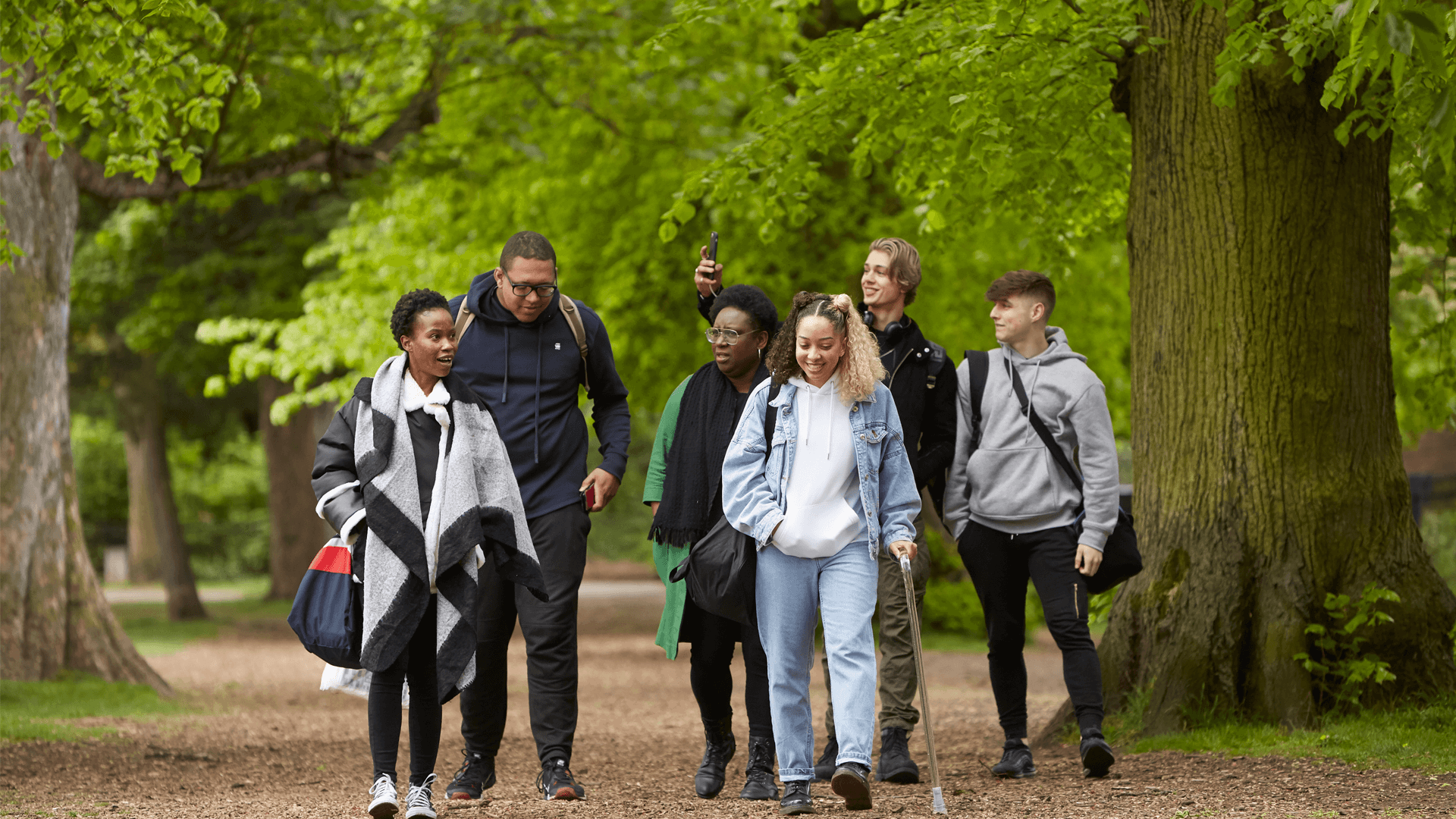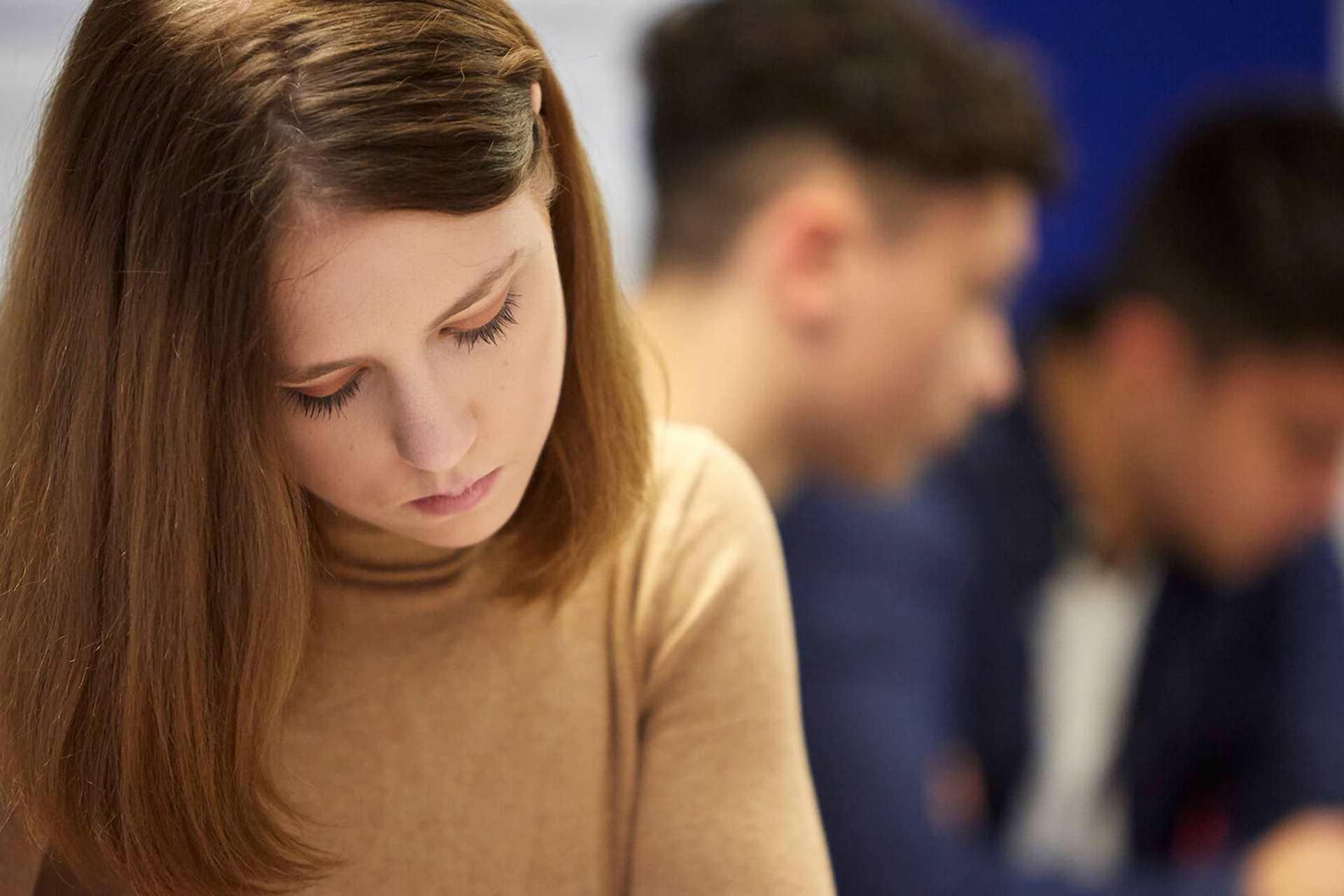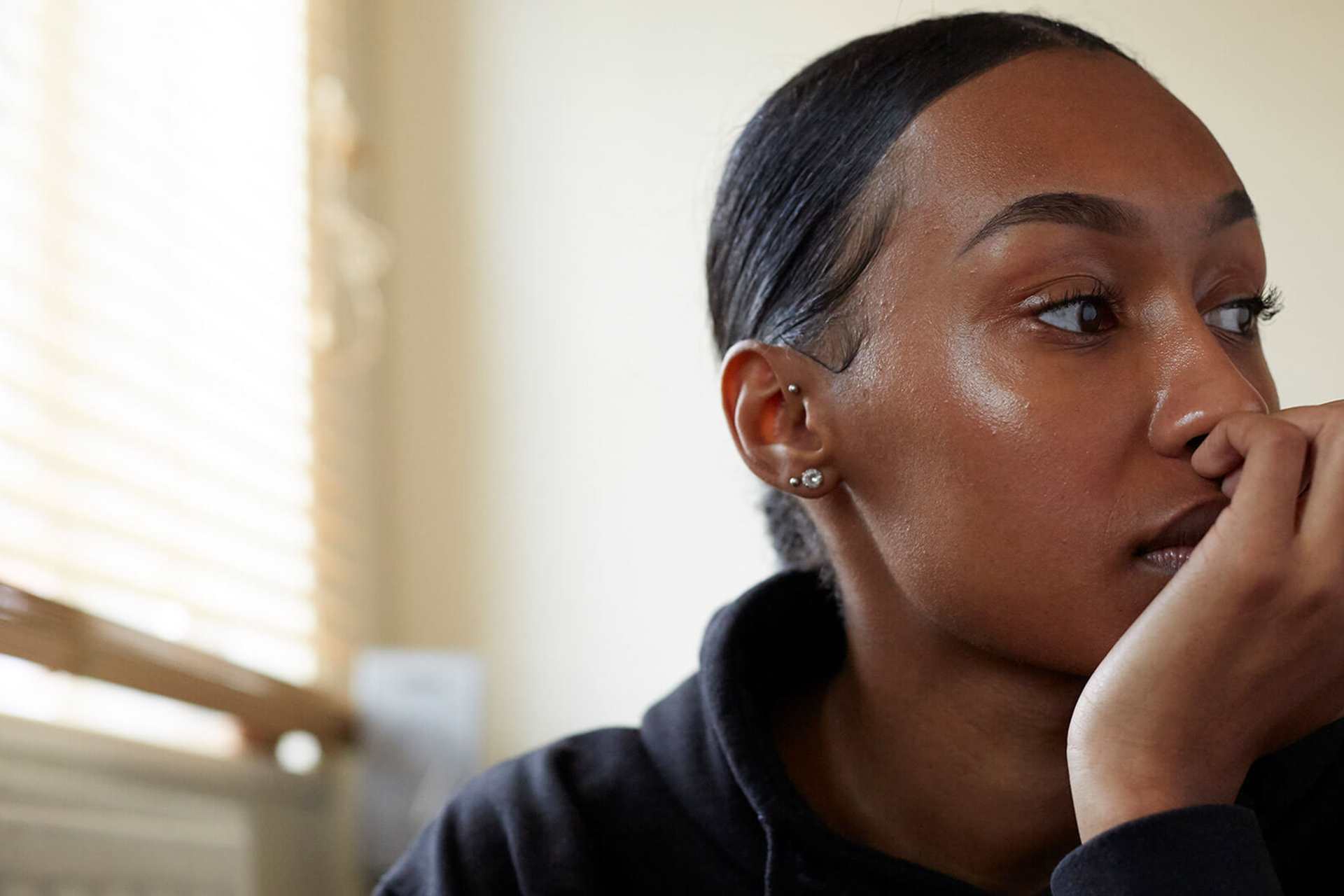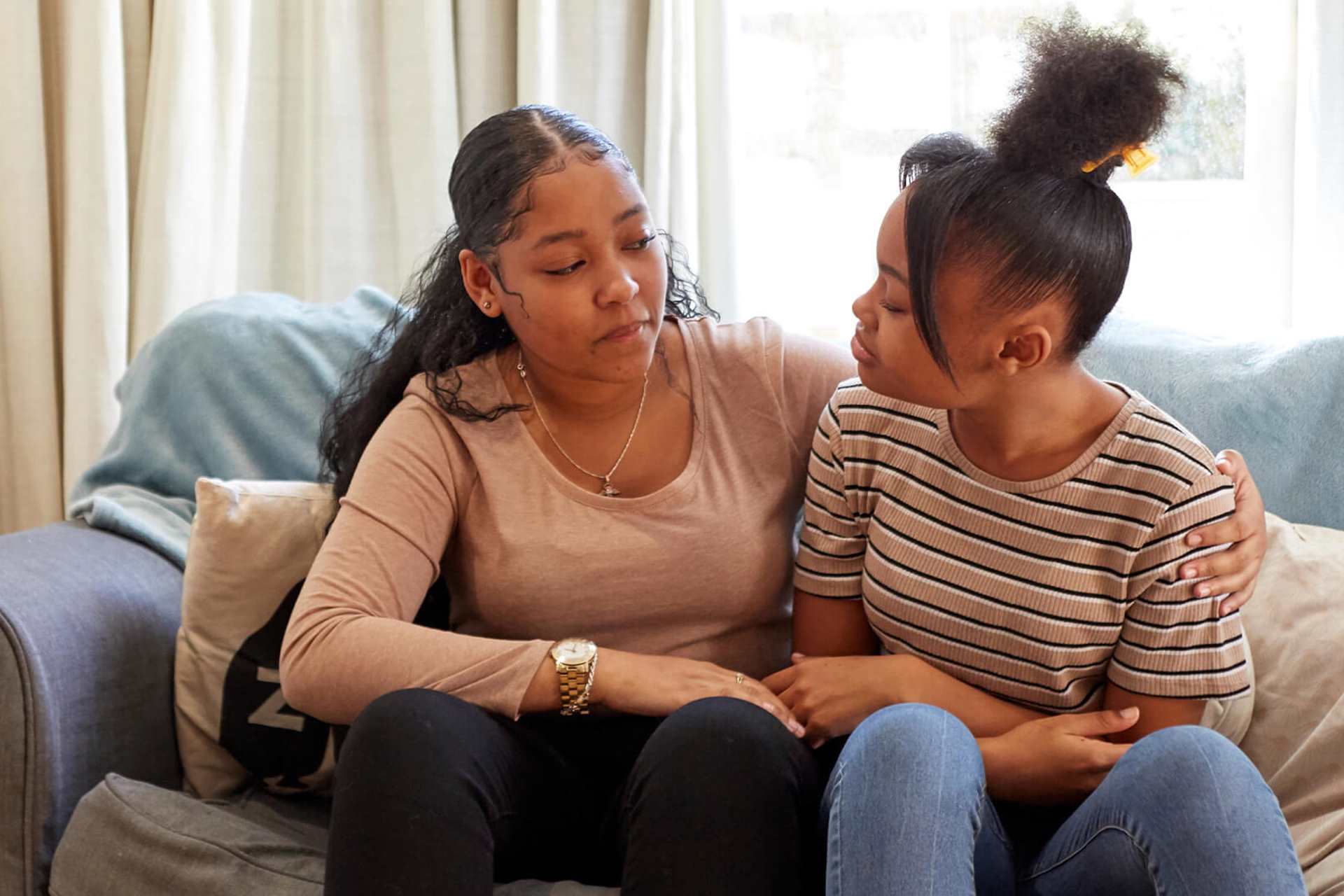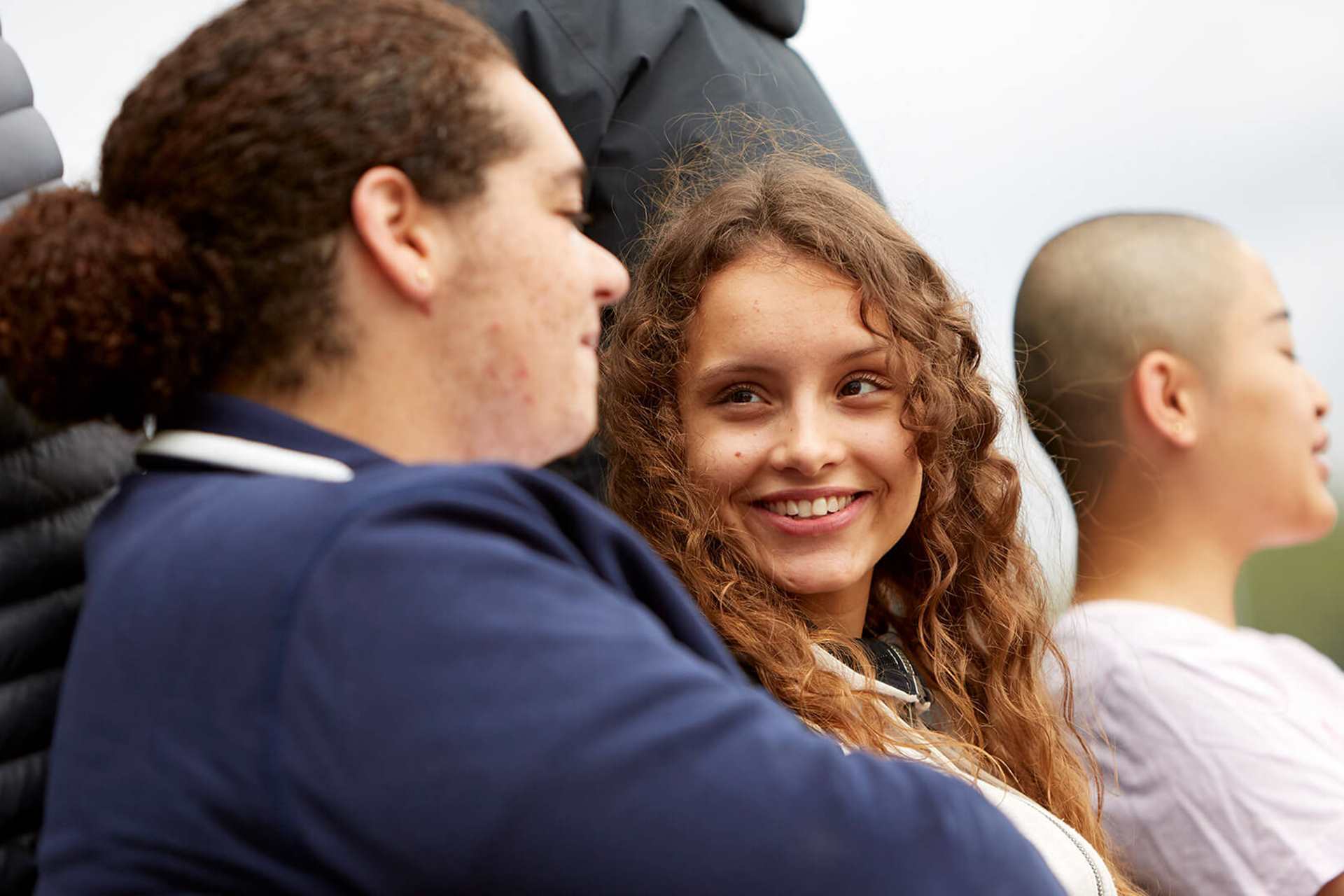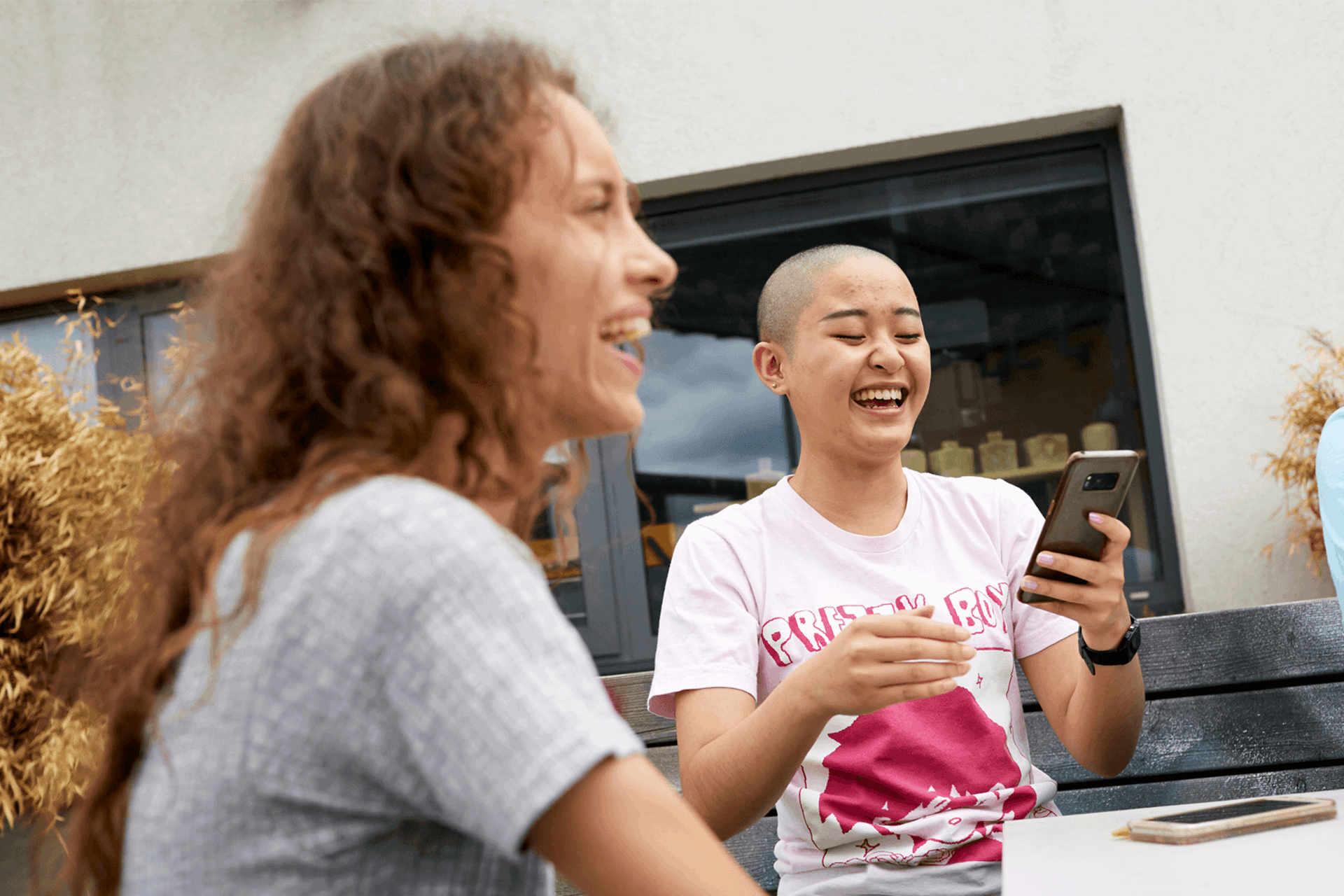Topics mentioned: social media, eating problems, looking after yourself at uni, exam stress, depression, counselling and therapy
Authors: Participants from the YoungMinds Writers Programme
About: The participants of the YoungMinds Writers Programme 2022-2023 share the best thing they've done for their mental health. From photography and cooking to changing your mindset, read on to find one that inspires you.
Creating a healthier environment for myself on social media - Alice, 21
The best thing I ever did for my mental health was cultivating a healthier environment on social media. The internet used to really feed into my eating disorder. So when I was in recovery, I made a really conscious effort to change the media I was consuming, the narrative I was putting in my head. I went through all the social media platforms and followed accounts and hashtags related to body positivity and intuitive eating. It made a huge difference to my experience of being online.
Suddenly I was being constantly reminded that people have various bodies that are all valid and beautiful and that it’s ok to eat whatever you like. It was like affirmations, reminding me of it over and over until it became something I believed. Taking agency over the things you’re seeing really has a great impact on how you’re thinking and viewing the world.
Taking ownership of my health - Amrit, 20
As someone who has often struggled with knowing whether what I’m doing is right or wrong for my mental health, one thing that I know for sure is that taking ownership of my health has been really beneficial. For a long time, I’d spend hours of each day overthinking about why I was struggling so much, why I couldn’t just “snap out of it”, and why wellbeing strategies that worked for everyone else weren’t working for me.
When I finally took a moment to accept that it was okay to not have it all figured out, it sparked a shift in my thinking. Suddenly I started to be open to the idea that there are lots of different routes that you can go down to deal with the things that life throws at you – and understanding of the fact that healing is a life-long journey, not something that happens overnight.
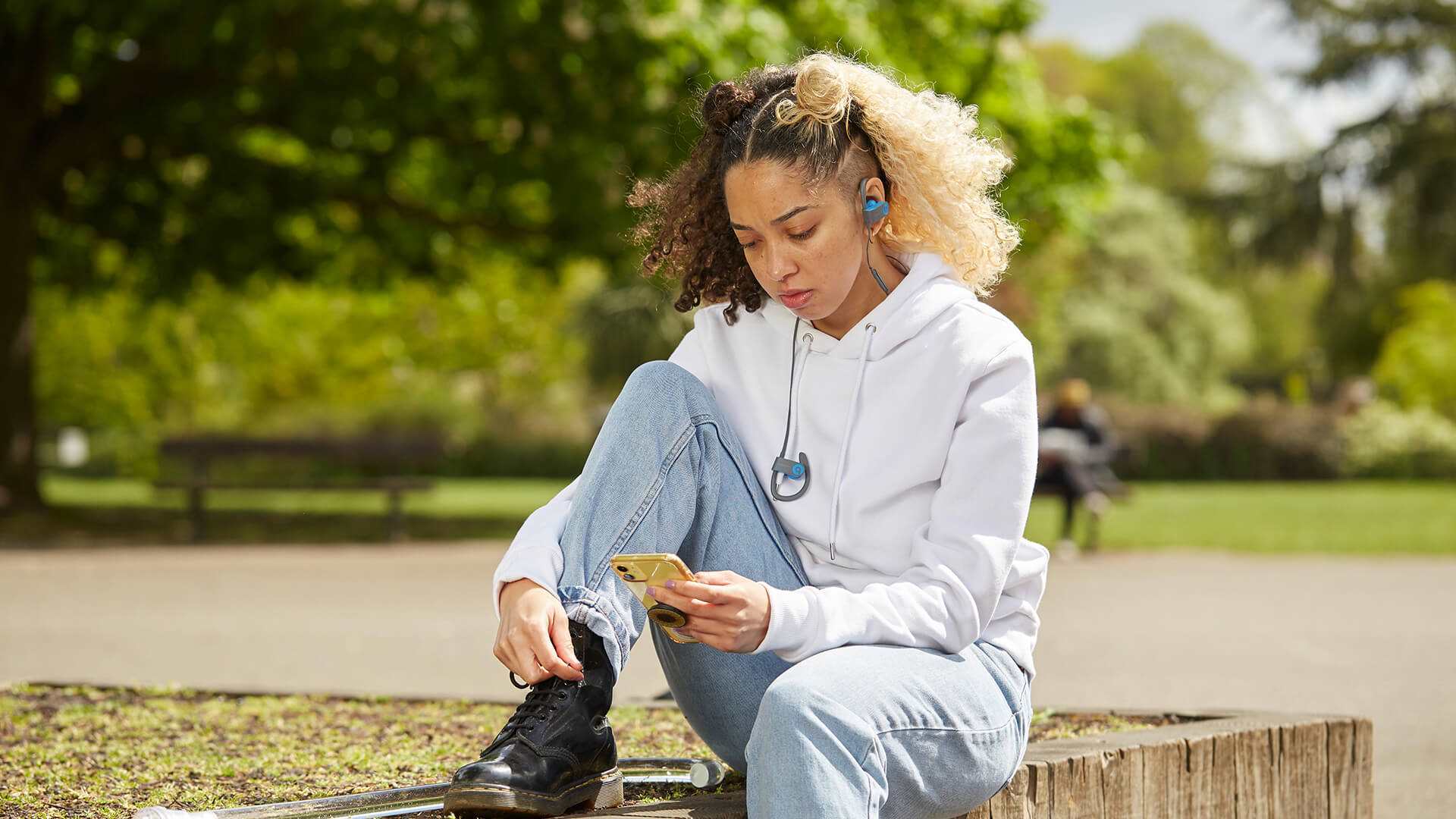
Taking agency over the things you’re seeing really has a great impact on how you’re thinking and viewing the world.
Learning to cook - Charlie, 20
The best thing I did for my mental health was learning to cook. When I was poorly with an eating disorder, I saw food as being nothing but numbers which made me feel constantly anxious about eating. When I decided I wanted to learn to cook, this helped shift my perspective away from numbers toward flavours, ingredients and preparation.
Cooking made me see food as something that was meant to be an enjoyable experience, rather than a miserable one. Once I managed to refuel my brain with the good food that I’d made, it became easier for me to begin managing my other mental health issues.
Learning new things - Danny, 21
Whether it is an article, book, or podcast; reading has changed my perception on how I view life. My therapist has often said how important it is to set aside time to reflect and focus on myself. ‘Atomic Habits’ taught me the importance of discipline, namely exercising and journalling. Having habits that you can do regularly, especially away from a screen, is so important. It feels productive, gives you something you can rely on, and builds self-confidence.
When I’m busy, I often listen to the podcasts ‘The Diary of a CEO’ and ‘Stompcast’ on my daily walk or commute. It really puts into perspective how many other people struggle in large parts of their lives, but most importantly how they’ve coped. Being able to add what I have learned from these to my daily life has improved my mindset even when going through difficult times.
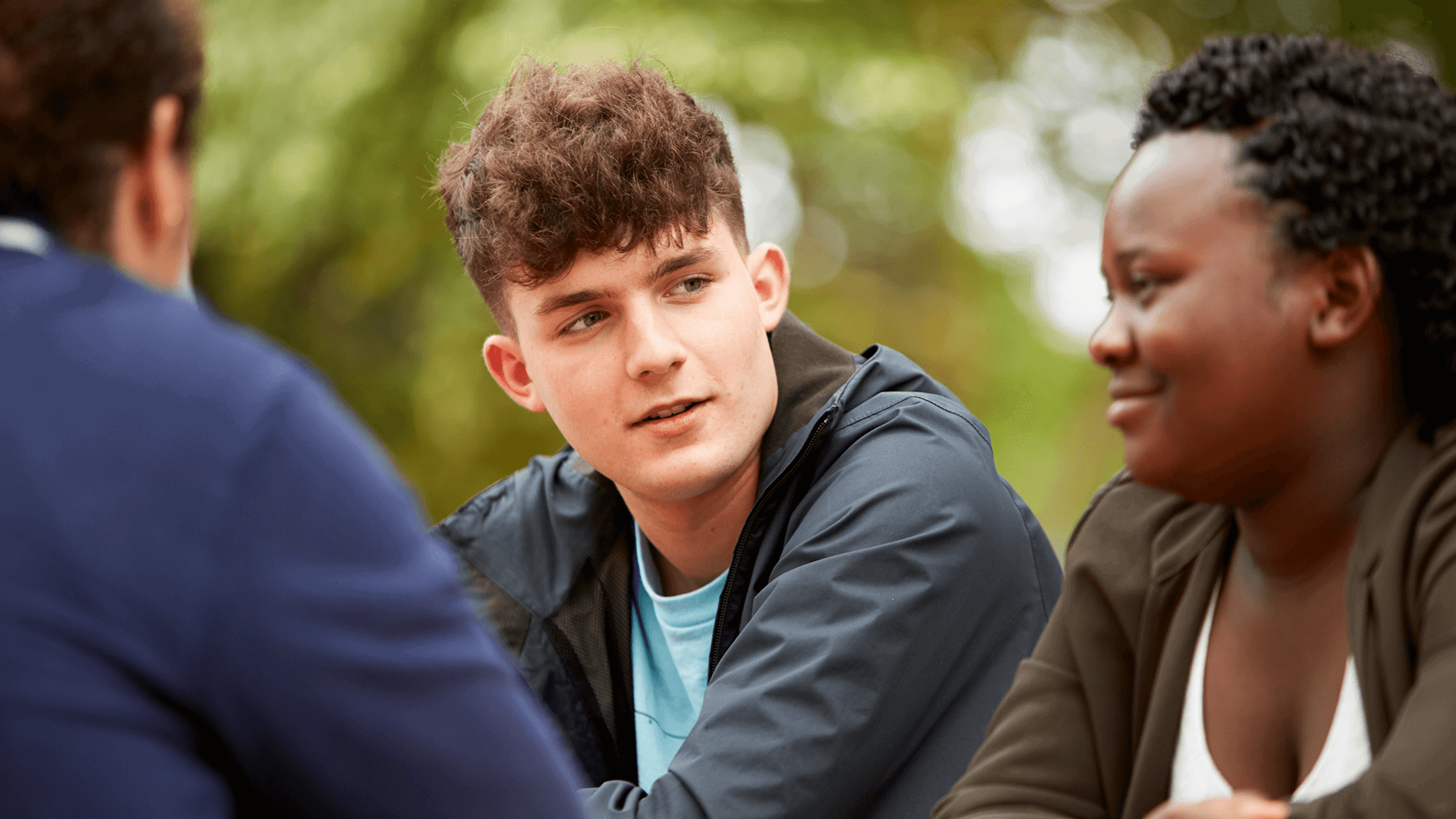
When I decided I wanted to learn to cook, this helped shift my perspective away from numbers toward flavours, ingredients and preparation.
Riding the wave - Fabbiha, 16
The best thing I learnt to do for my mental health is what I call ‘riding the wave’. Riding a wave can land you on two feet or it can land you underwater, but there is always a way back to the surface. Riding the wave means different things in different situations. When you're going through a tough time, it can mean allowing yourself to feel the feelings – accepting that what you’re feeling is valid and you're allowed to feel all different types of emotions.
Or, if you feel urges to harm yourself in any way, it can mean riding these urges out because you are the stronger one. This isn’t always easy, so it’s important to remind yourself that all of your hard work is down to you, regardless of how much you may dismiss this.
Leaving university - Jade, 22
It was never an easy decision for me to make. I had invested so many hours into my studies at university. As time went on the decision of leaving university became harder. I spent four-and-a-half years at university. I was studying physiotherapy, something that I have always dreamt of as my future career. I constantly asked myself “Am I giving up on myself?”
This thought spiralled around my mind until I made the decision to leave. I realised I wasn’t giving up on myself, but I was doing the best thing for my well-being. After feeling a lot of grief, burnout, fatigue from physical health issues and stressing over my exams within the same month, I felt an immense pressure. I knew it was time to take a break from education.
It wasn’t easy, but leaving university has allowed me to live a life I want to live in.
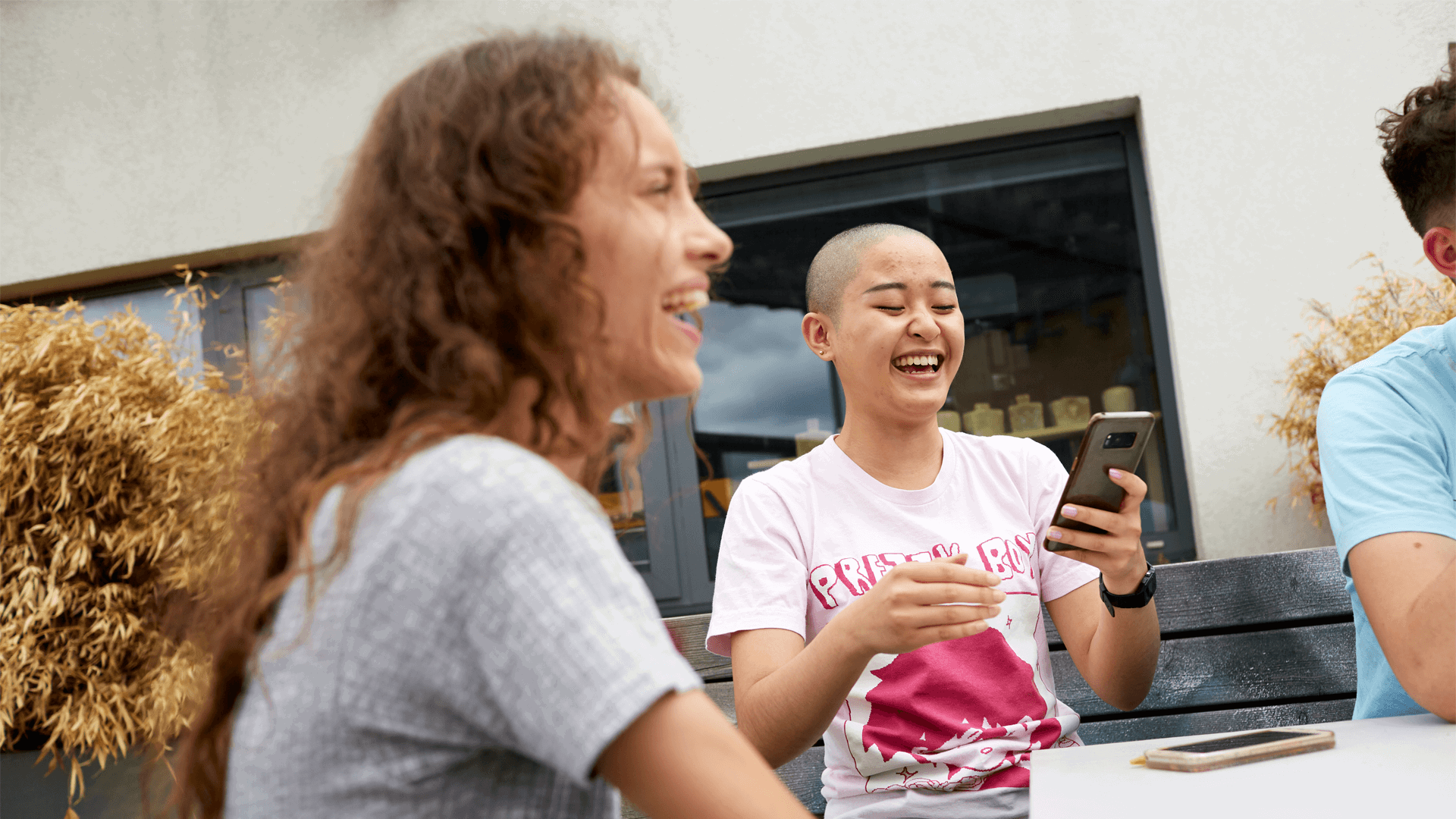
I realised I wasn’t giving up on myself, but I was doing the best thing for my well-being.
Taking up exercise - Jess, 22
The best thing I have done for my mental health was reintroducing exercise back into my weekly routine, specifically kickboxing and swimming. I swim three times a week and kickbox twice.
The exercise introduced a regular discipline back into my life and helped me get out of the house and meet new people – and then the obvious benefit of increasing my fitness and stamina. I have always enjoyed long-distance swimming and I view it as a useful form of meditation. Kickboxing is a brilliant martial art which includes both punches and kicking when sparring. I had practised taekwondo for years but stopped when I got sick.
Reintroducing a martial art has been hugely beneficial to me; it helps me improve my concentration and my fitness, and gives me something to aspire towards – a huge goal of mine is to achieve my blackbelt.
One small act of kindness each day - Kari, 24
My depressive episodes follow the same mundane pattern. I’m awake thinking all night, then sleep in all day. I forget to eat, shower and brush my teeth. On really bad days, I lose my sense of self and time feels endless.
It can be really hard to practise self-compassion when we’re feeling low. Integrating one Small Act of Kindness into my daily routine, however, has made this a little easier. No matter how negative I was feeling, I’d set a goal to do one teeny tiny nice thing for myself or someone else. Things like making a cup of tea for my dad, reading an uplifting poem, lighting a scented candle before bed, feeding my cat.
I found that this ritual kept me connected to the world and myself for a few minutes every day. It helped me to notice, appreciate and be grateful for the simple things in life.
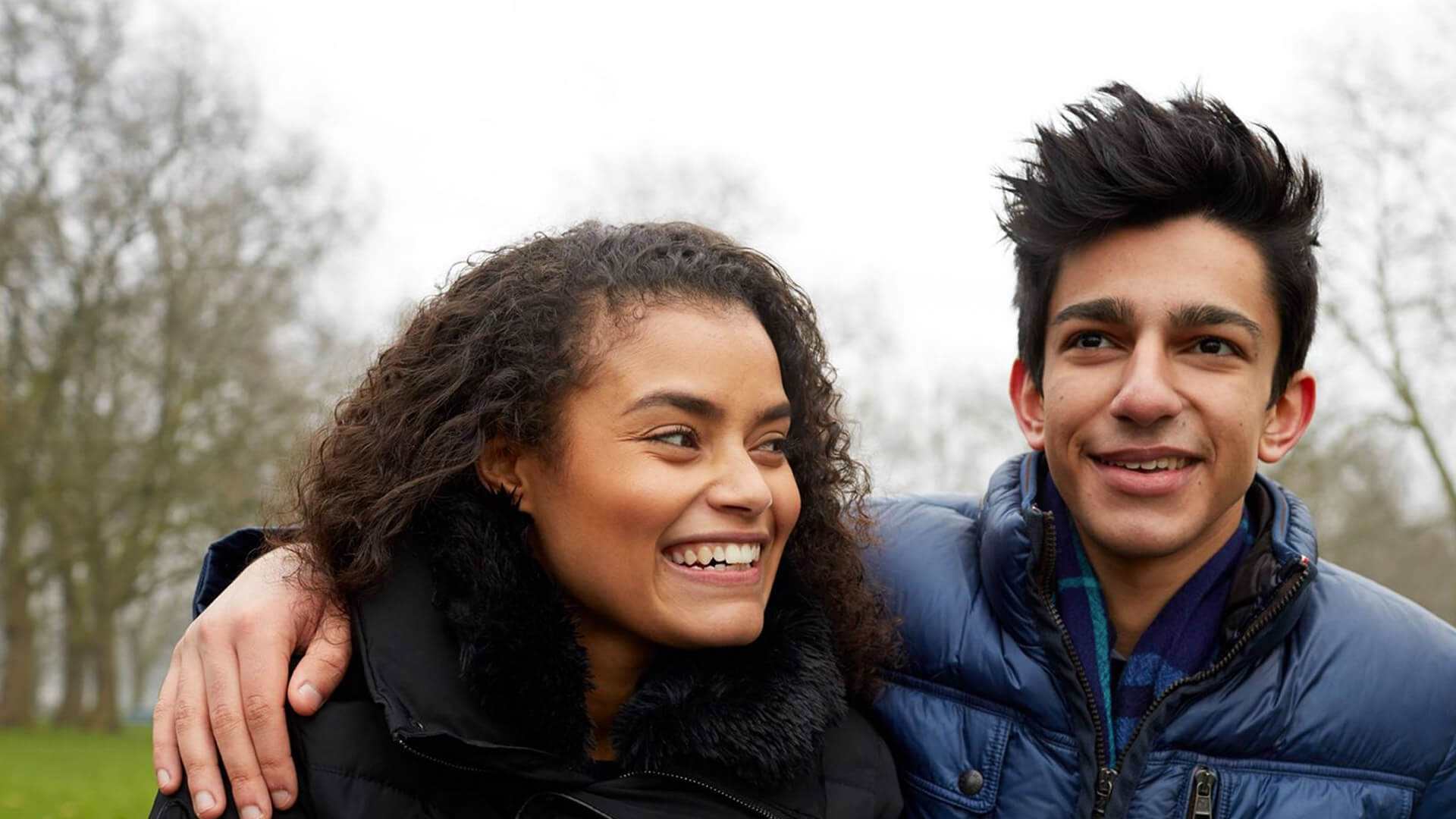
No matter how negative I was feeling, I’d set a goal to do one teeny tiny nice thing for myself or someone else.
Learning to do what's best for me - Katie, 20
When I reflect on the progress I have made with my mental health over the past couple of years, I think that one of the most important things I have come to realise is that other people aren’t constantly judging you for your actions and words. Of course, the people who love you care about what you’re doing, how you’re feeling, what you’re thinking. But, as long as your actions aren’t hurting other people, their opinion of you isn’t going to change because of something you do or don’t do, or do or don’t say.
The people who love you, love and accept you for you. For me, trying to recognise that this will not change if I do what is best for me and my wellbeing has honestly been truly freeing and has made the world of difference for my mental health.
Recognising that it's okay to make mistakes - Laura, 21
Accepting that it’s okay not to be perfect is probably the best thing I’ve done for my mental health. I’m still working on it and taking steps to remind myself that it’s okay to struggle, to make mistakes and to need some support. It doesn’t make me weak and it doesn’t make me a failure. It makes me human.
In fact, acknowledging that I’m struggling and asking for help instead of berating myself for feeling that way in the first place, makes me brave and self-aware in a way that is empowering. Realising this isn’t easy, but it’s quite amazing the way it helps me towards the life I want to live and the person I want to be.
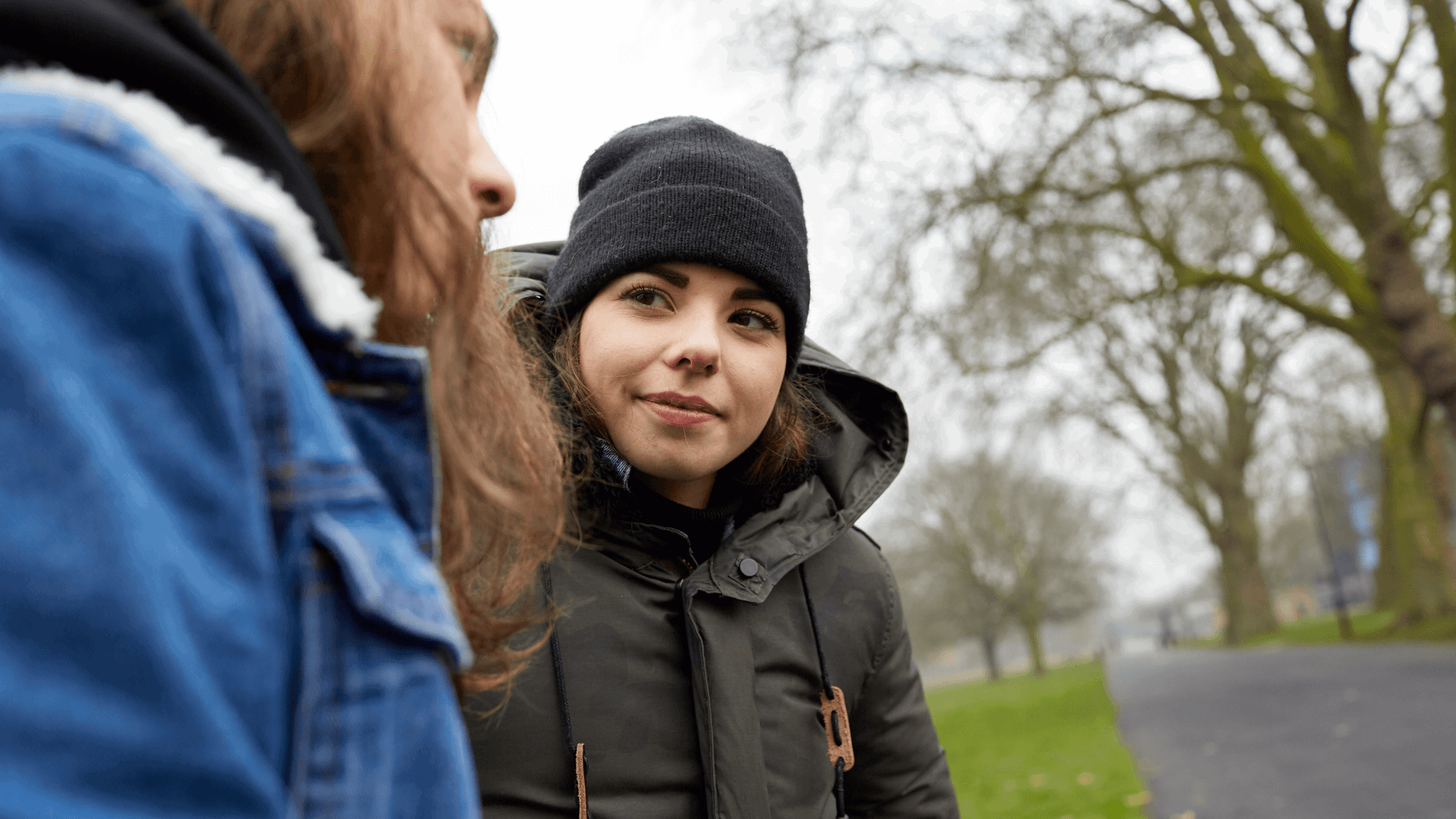
Accepting that it’s okay not to be perfect is probably the best thing I’ve done for my mental health.
Taking up photography - Theo, 20
I once asked my friend why he was so interested in photography and he said “Well, I can’t draw, so it’s a way of painting a picture with a picture.” At the time I thought this was a ridiculous answer to my question but after two years of being a photographer, I think he might be right…
I’ve been able to convey emotions I couldn’t explain to my peers, tell stories that unfold in front of me and most importantly, clear negative thoughts from my mind with just a camera and a 50mm lens.
I’ve met other talented creatives, created a community around my work and have been given opportunities I wouldn’t have thought were possible back when I was struggling with my mental health.
So the best thing I did for my mental health was picking up a camera and becoming a photographer.
Doing regular exercise - Will, 20
When I'm feeling down, exercise helps me so much that I use it both pro-actively and reactively. What I mean is that exercise can help me improve my overall mood when I'm feeling down, but exercising regularly helps me manage my mood in the first place.
You can choose a specific sport you enjoy or go to the gym - whatever works for you - the goal is to work up a sweat. Some days, I choose to exercise to improve my day from the start because I feel the benefit of extra endorphins coursing through my body, and after all, everyone likes to feel productive.
When we are feeling down, tired, or drained, the last thing we want to do is exercise, and this comes down to knowing yourself. Those feelings and emotions are completely normal; even professional athletes rely on knowing themselves to determine whether they need a day off to relax or if they should give it a shot. Exercise is great, but rest is important too.
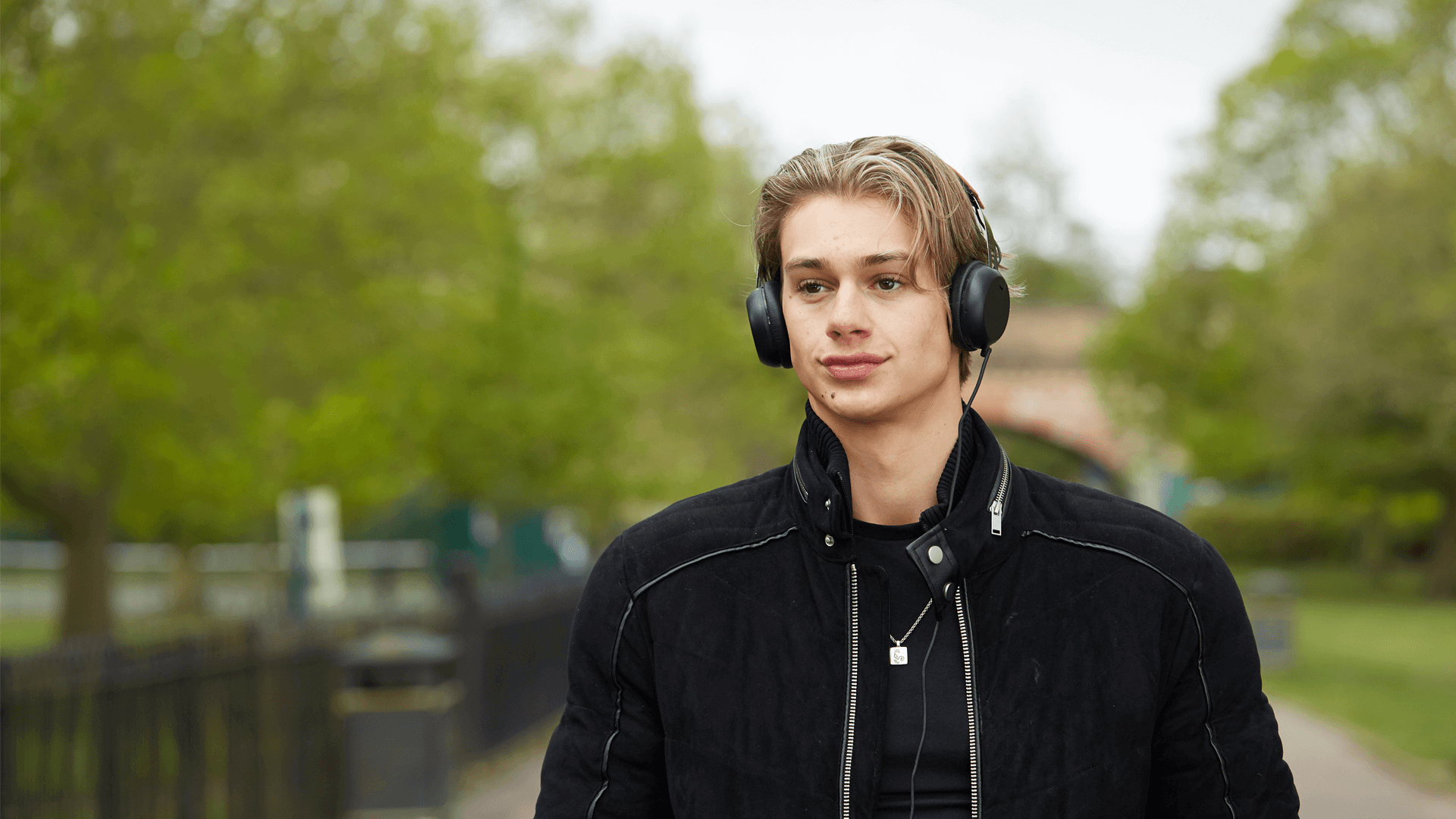
Exercise can help me improve my overall mood when I'm feeling down, but exercising regularly helps me manage my mood in the first place.
More information and advice
We have tips and advice to help you find the support you need. Take a look at our guides.
Where to get help
However you're feeling, there are people who can help you if you are struggling. Here are some services that can support you.
-
Childline
If you’re under 19 you can confidentially call, chat online or email about any problem big or small.
Sign up for a free Childline locker (real name or email address not needed) to use their free 1-2-1 counsellor chat and email support service.
Can provide a BSL interpreter if you are deaf or hearing-impaired.
Hosts online message boards where you can share your experiences, have fun and get support from other young people in similar situations.
- Opening times:
- 24/7
-
Youth Access
Provides information about local counselling and advice services for young people aged 11-25.
Put in your location and what you need help with into their 'Find help' search, and see what services are available in your area.
